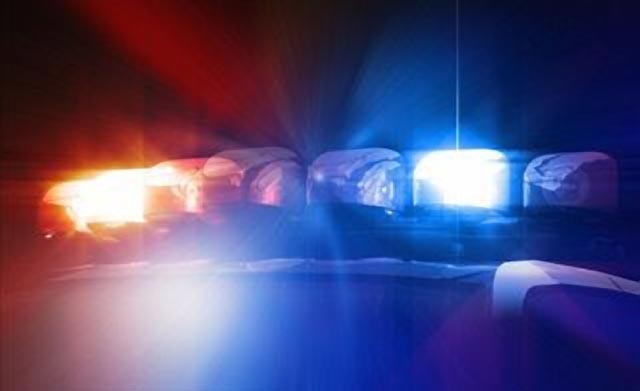
Let’s say you read a story about a doctor who amputated a patient’s left leg by mistake. He was supposed to remove the right leg, but he was in a hurry and misread a chart, and he was tired from having worked 12 hours straight and, well, he screwed up. That doctor would be criticized in the media. He’d be sued for malpractice. He’d have to go before the medical board and might lose his medical license.
But his incompetence wouldn’t be seen as an indictment of the entire medical profession or an attack on all doctors. His fellow doctors wouldn’t demand an apology from the media or start demonizing patients. They know, as we do, that getting rid of incompetent doctors is a good thing for all of us, including hospitals and other doctors.
The same standards hold true for most professions. It’s just common sense. You want to toss out the bad apples.
So why isn’t that the case when it comes to cops? Why isn’t it possible to acknowledge the difficulty of the job they perform and still criticize those cops who are bad at doing it? In Cleveland, Ohio, the police basically assassinated a 12-year-old boy, Tamir Rice. The cop who did it has a history of mental issues and was deemed unsuitable for police work by another police department. There are protests in the streets and some of the city’s professional athletes are wearing T-shirts that condemn the killing, which was ruled a homicide.
But in Cleveland, as in other cities, the police are rallying around the officer in question. The union head is demanding an apology from the athletes and their teams. Battle lines are forming on social media; there are countless posts about the great work that cops do, and about how difficult their job is. Criticizing the behavior of some officers is portrayed as being anti-police or as being ignorant of how difficult their job is.
I get it. Being a cop is a thankless, life-threatening job. Most cops are good men and women. But police departments need to man up and acknowledge their bad apples. Closing ranks behind the blue “code of silence” is hurting them more than it’s helping them, as is the symbiotic relationship between district attorneys and cops that so often results in a sham grand jury “investigation.”
I’ve grown to respect Memphis Police Director Toney Armstrong’s quiet approach to the current situation. His department’s non-confrontational response to local protesters has been spot on, and we should be grateful for it. It’s important that the police recognize that there’s a difference between a legal, organized protest and running through the streets and setting businesses on fire.
And it’s equally important for police leadership to recognize that the “thin blue line” is there to serve and protect us, and when someone in uniform fails in those duties, it’s in their own best interest that he or she be held accountable by their superiors — and their peers.